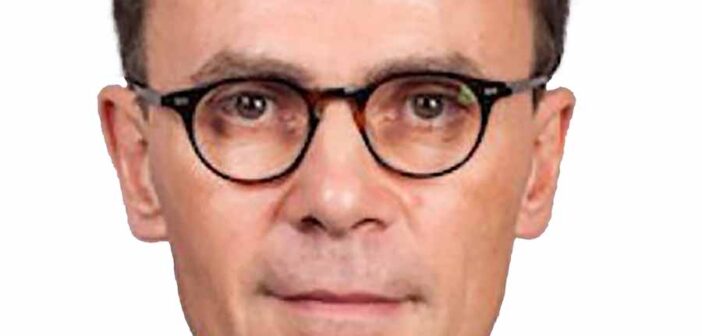
Airlines (disproportionately Ryanair) have been asked to cancel 30pc of their flights Beauvais due to strike action.
The intersyndicale, comprising France’s eight main unions, has initiated the second day of official action following strikes on 18 September, with some unions supporting the citizen-led Bloquons tout movement on 10 September.
Regional train services including TER and Transilien, alongside certain Intercités routes, face disruptions, though TGV lines operate normally, according to SNCF.
Local public transport networks, particularly overground options like buses and trams along demonstration paths, encounter interruptions; users should consult local websites for updates.
Airports experience probable delays but few cancellations, with the French Civil Aviation Authority requesting Paris Beauvais to halt about 30pc of scheduled flights due to strikes.
The Interior Ministry anticipates up to 350,000 participants in demonstrations today, a reduction from the 500,000 estimated for 18 September, yet it deploys approximately 70,000 police officers nationwide to manage potential disorder.
Police intend to utilise drones at major demonstrations, including in Paris, while authorities remain vigilant regarding possible power cuts to symbolic institutions by energy sector workers.
Law enforcement has cautioned about the attendance of black bloc radicals at protests in principal cities, who proceed ahead of official columns to incite disorder and confront officers, separate from union cortèges.
Unions demanded the strikes after an unsuccessful discussion with Prime Minister Sébastien Lecornu last week, deeming the 18 September actions successful, and pursue repeal of the 2023 pension reforms raising the retirement age to 64, a 2026 provisional budget, and enhancements in pay and working conditions across sectors.
Teacher walkouts and possible blockades at lycées and universities occur, leading to closures at some schools, with unions forecasting 10pc participation from primary school teachers.
Strike motions extend to postal workers, healthcare providers, bank employees, and public sector staff.




